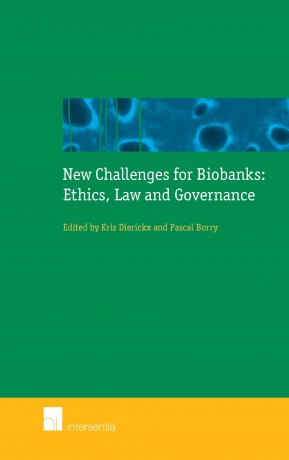
The last few years have witnessed an important expansion of collection and processing of human biological samples and of the related information data. Biobanks are huge repositories of human biological specimens and have a strategic importance for genetic research, clinical care and future treatments. These biobanks are facing many major ethical, legal and governance challenges: among others informed consent, privacy, ownership, commercialization, and harmonization. In addition, forensic DNA-databases raise specific issues. These databases can be an important tool for the police services in their search for the perpetrator of a crime, but illicit ethical questions with regard to the relationship between liberty and security.
This book offers a rich source of material on the ethical, legal and governance aspects of clinical biobanks, population biobanks and forensic biobanks. Policy makers, academics and legislators will find this book to be current and instructive.
This book is a publication of the European Commission funded research project GeneBanC (Genetic Bio and Databanking: Confidentiality and Protection of Data. Towards a European Harmonisation and Policy).